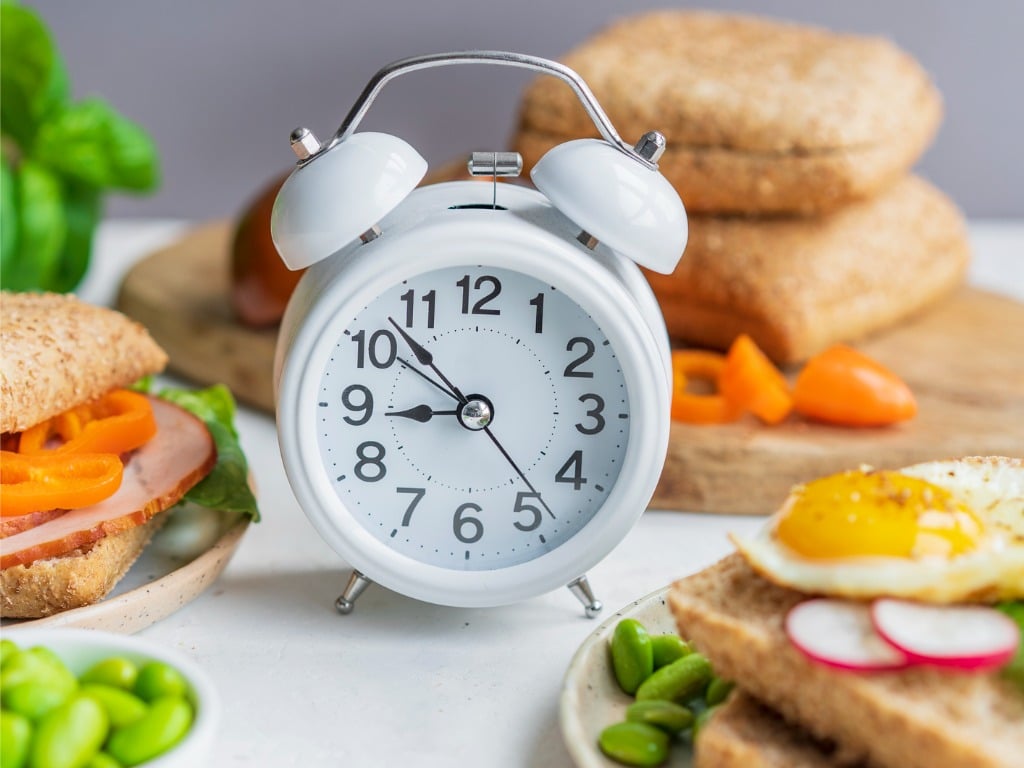
We frequently receive questions about meal times and the Center for Medicare & Medicaid Services (CMS) 14 hour rule for nursing facilities. The concerns are related primarily to the requirements for spacing of the evening meal and the next day’s breakfast especially in the context of person-centered dining. Facilities are trying to balance regulations with personal choice, and this is fairly easy to achieve.
CMS State Operations Manual
The CMS State Operations Manual Appendix PP – Guidance to Surveyors for Long Term Care Facilities, tag F809 Frequency of meals states that each resident receives and the facility provides at least three meals daily, at regular times comparable to normal mealtimes in the community. The surveyor probes for F809 includes this question: “Are snacks and meals available for residents at non-traditional times or outside of scheduled meal service times, or upon request?”
The facility should make snacks available at bedtime daily. There must be no more than 14 hours between a substantial evening meal and breakfast the following day except when a nourishing snack is provided at bedtime, in which case, up to 16 hours may elapse between a substantial evening meal and breakfast the next day if a resident group agrees to this meal span and a nourishing snack is served. A nourishing snack is defined as a verbal offering of items, single or in combination from the basic food groups. Adequacy of the nourishing snack will be determined both by resident interviews and by evaluation of the overall nutritional status of residents in the facility. It is also wise to check your state’s nursing home regulations. Some states have more specific regulations on the expectations regarding what type and how much food is to be offered at HS.
Policies and Procedures
Based on the CMS regulation, a best practice is to offer an HS snack from at least two food groups including one group that provides some protein. (For example, a half turkey sandwich with juice or milk, cereal with milk, a milkshake or milk with graham crackers, etc.). It comes down to what your residents want and whether or not they are satisfied with what you offer. It’s always best to ask the individual resident what they would like at HS snack – and to offer a variety of options for residents to choose from. This helps to incorporate personal choice while meeting the intent of the regulation. If residents complain to a surveyor or if a surveyor finds that your facility has issues with unintended weight loss or other nutrition related problems then they may investigate further.
In addition, be sure that you have a written policy to explain what you will do if your meal times do not meet the 14 hour rule – and what you are providing as the “nourishing HS snack” to show you are complying with the regulation. Our Policy & Procedure Manual has a specific “Meal Times and Frequency” policy and procedure that covers this (see Chapter 2). We use the explanation that a “substantial evening meal” is defined as offering of three or more menu items at one time, one of which includes a high quality protein. The meal should represent no less than 20% of the daily total nutritional requirement. “Nourishing snack” is defined as verbal offering of items, single or in combination, from the basic food groups. Adequacy of the snack will be determined both by individuals in the group and evaluating the overall nutritional status of those in the facility.
Call to Action
- Assess the timeframe between the evening meal and breakfast at your facility. If it is more than 14 hours, ensure that a substantial evening snack is provided.
- Have a written policy to explain what you will do if your meal times do not meet the 14-hour rule – and what you are providing as the “nourishing HS snack” to show you are comply with the regulation.
- Promote personal choice by discussing snack preferences with the resident to enhance resident satisfaction and potentially avoid unintended weight loss or other nutrition-related concerns.
- Assess intake of snack quarterly or as needed to ensure that preferences haven’t changed.
- Regularly review state nursing home regulations to help ensure compliance and optimal resident care.
- Learn more from our Policy & Procedure Manual.
Reference:
Centers for Medicare & Medicaid Services. State Operations Manual. Appendix PP – Guidance to Surveyors for Long Term Care Facilities. Rev. 225 Updated August 8, 2024. Accessed October 15, 2024.
Originally published 8/6/14. Revised 1/3/22, 10/15/24.
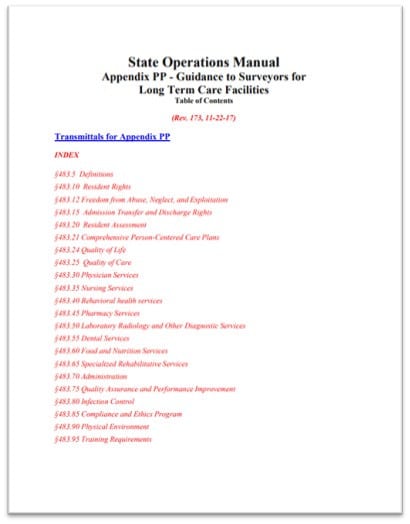
CMS State Operations Manual Appendix PP – Guidance to Surveyors for Long Term Care Facilities Course
This course is based on the Centers for Medicare and Medicaid Services (CMS) State Operation Manual Appendix PP – Guidance to Surveyors for Long Term Care Facilities 11-22-17 revision, which is the document used for conducting nursing home surveys in accordance with survey protocols and Federal requirements to determine whether a citation of non-compliance is appropriate.
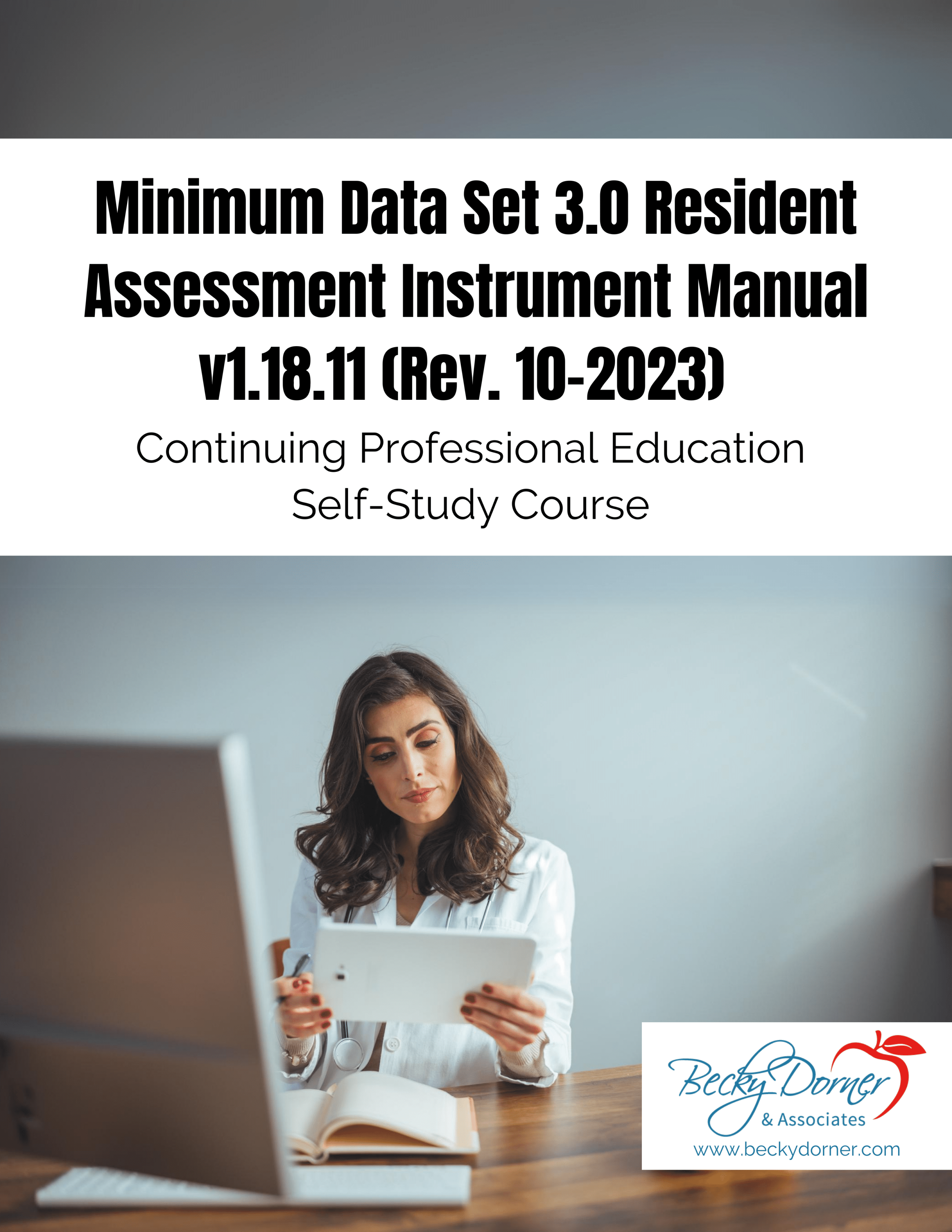
Minimum Data Set (MDS) 3.0 RAI Manual v1.17 Course
This course is based on The Centers for Medicare and Medicaid Services’ (CMS) Minimum Data Set (MDS) 3.0 Resident Assessment Instruments (RAI) Manual (v1.17 October 1, 2019 revision) which is a document used for implementing standardized assessment for facility care management in nursing homes and non-critical access hospital swing beds.
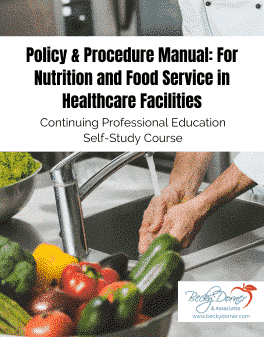
Policy & Procedure Manual: For Nutrition and Food Service in Healthcare Facilities, 2023 Course
This self-study course will expand your knowledge of policies and procedures related to clinical documentation, menus, food production and safety, personnel training, sanitation, infection control, disaster planning, quality assurance/performance improvement, regulatory guidelines, and more.
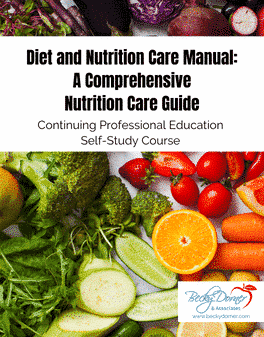
Diet and Nutrition Care Manual, Course
This self-study course is based on a comprehensive resource that includes guidelines for evidence-based practice, including the 2020-2025 Dietary Guidelines for Americans and MyPlate, updated information on cardiovascular disease, hypertension, pressure injuries, and more!
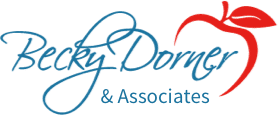
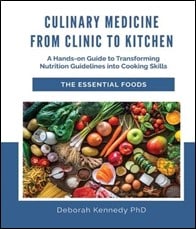
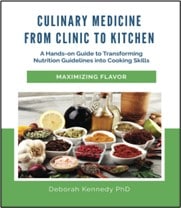
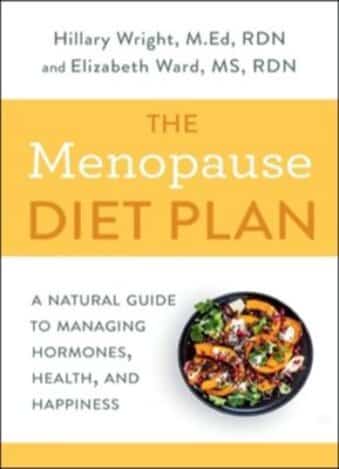



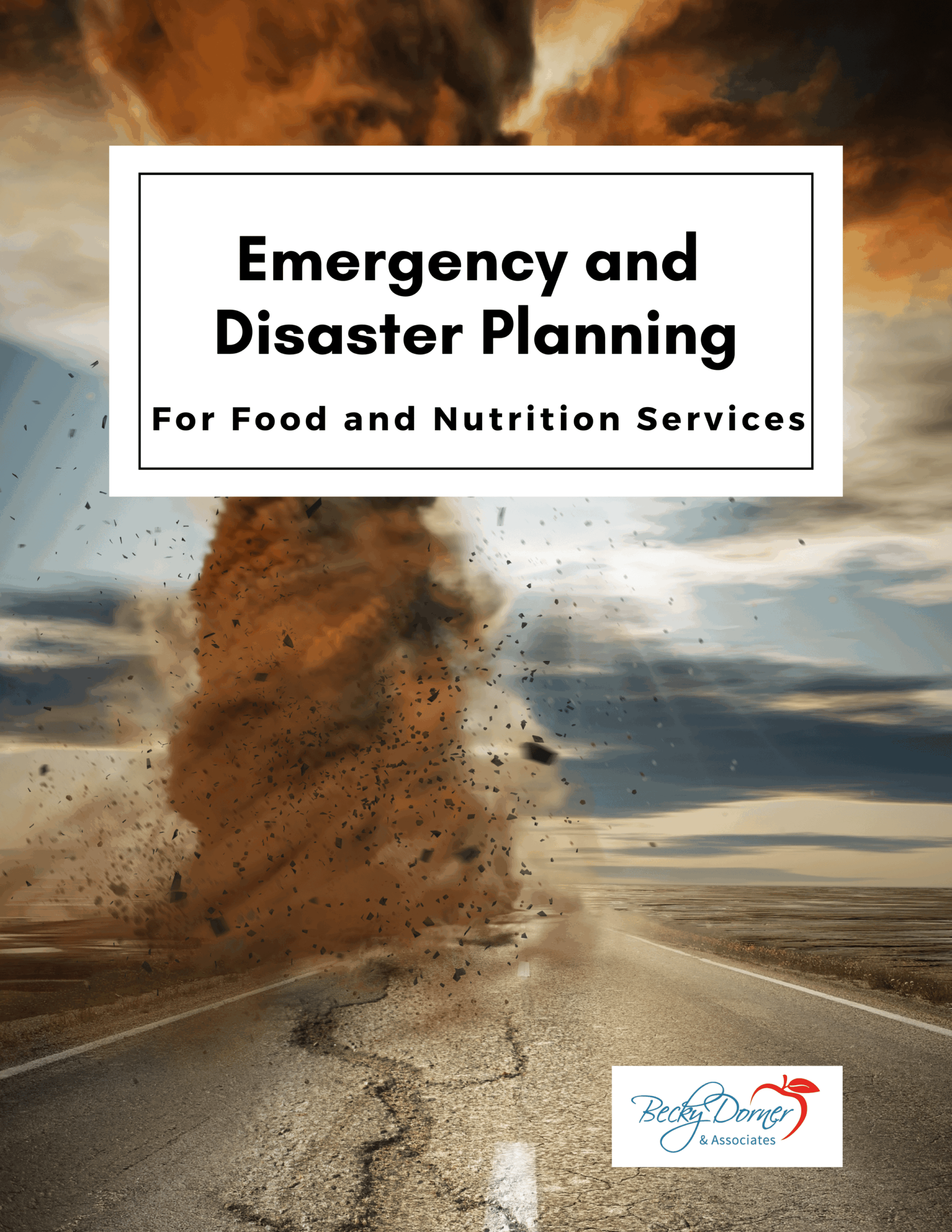
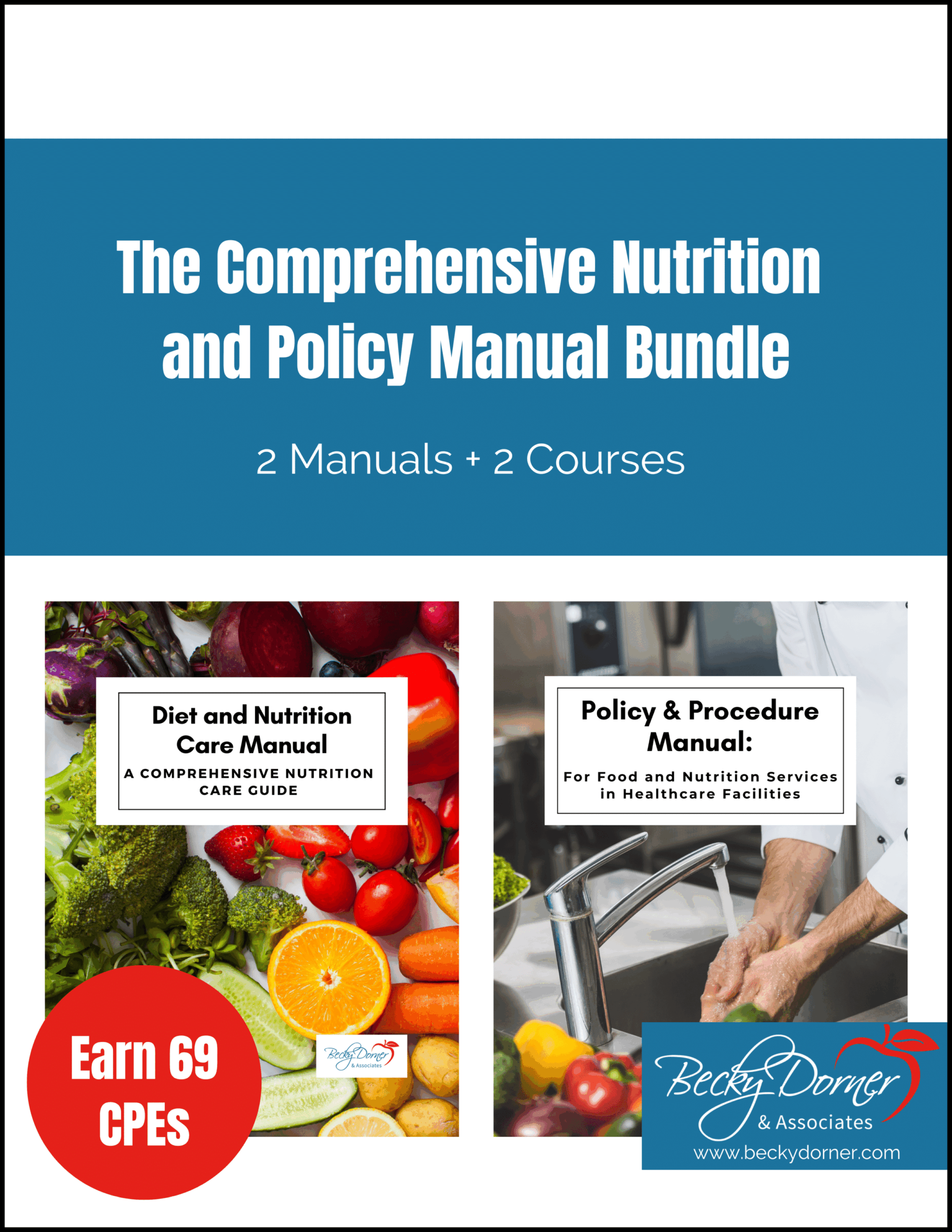
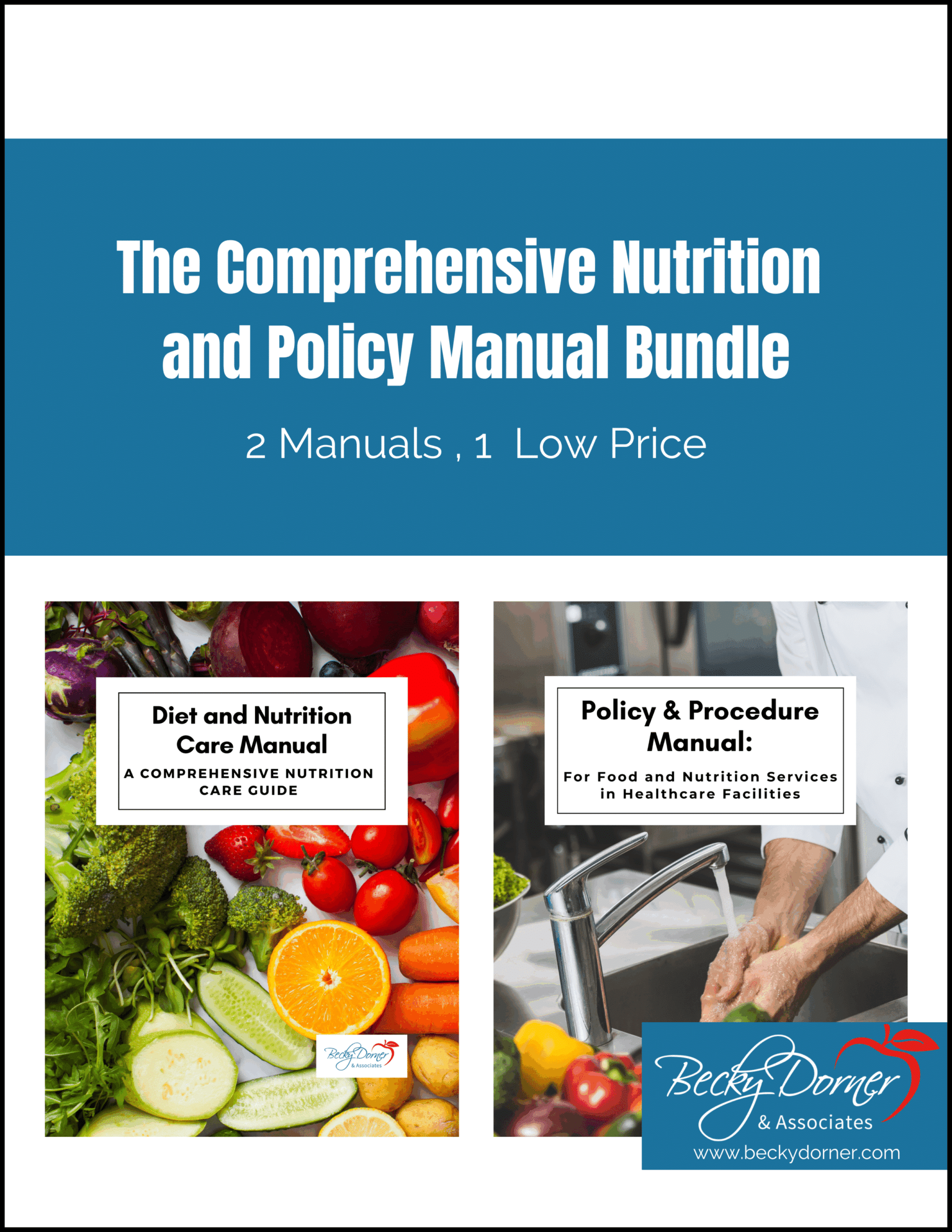


Hi, my husband is in long term care due to a stroke he suffered in August of 2020. He is currently 65 y/o, paralyzed right arm and leg, aphasia, kidney failure and recently had all his teeth removed. He will likely be in a facility the rest of his life. He is the same guy I married, and I visit almost daily as we work on having a marriage and he finds quality of life that includes his limitations. He has been unable to eat the regular mealtime options, either because it isn’t soft enough, or because he finds it unappealing. Recently he asked me to bring in some Ramen noodle pkgs, and a nurse assisted me in preparing them in a microwave. I have an auto immune illness, and recently was advised by my m.d. to rest more, so I couldn’t visit today. The staff refused to make the ramen noodles for him, saying that the dietary manager could not prepare or reheat foods from residents family members saying it was against regulations. I’ve seen this done numerous times in the past year that he has been there, though kitchen staff has a large turnover. I was also told that the RN who helped me yesterday was in non compliance using the break room microwave to boil water for me. I was told the nurse may make the food too hot, she wasn’t trained as a cook.
I have been given misinformation from employees in the past, so I’m trying to find regulations to back their claims.
I’m also concerned that my husband is being treated like a child, told he cannot have his favorite foods, though he is on a regular, soft diet. He lives at this facility. He is willing to wait until the kitchen is not so busy, and he does not intend to ask for this food every day. I tried calling the facility social worker, and the executive director but haven’t received a callback. There is currently no Director of Nursing.
I hope you can give me some insight and information on this issue.
Hi Shari,
Thank you for your email. I understand what it is like to have a loved one in a nursing facility. It sounds like you have a lot on your plate, and it is clear that making sure your husband gets his Raman noodles is important to both of you. I will do the best I can to provide a response to your concerns.
Long term care facilities are regulated by the Centers for Medicare and Medicaid Services (CMS). They operate based on guidance from CMS and are routinely surveyed by CMS for compliance to a long list of regulations that affect every department of the facility. From the facility staff standpoint, the issue related to food brought in by family members is food safety and sanitation. Regulations do state that when food is brought in, the nursing home is responsible for:
• Ensuring safe food handling once the food is brought into the facility, including safe reheating and hot/cold holding; and handling of leftovers
• Preventing contamination of nursing home food, if nursing home equipment and facilities are used to prepare or reheat visitor food
As a rule, food brought in by families is not allowed in the kitchen because of the risk for cross contamination.
In addition, if food is heated to too hot a temperature by a nursing assistant, housekeeper, or nurse, a patient could be injured, and the facility could be considered at fault. Facilities walk a fine line between meeting a resident’s right to make choices about what they eat and drink and protecting patient safety and well-being.
While I can’t say for sure, I suspect that regulations and concerns with injury are the reasons for staff’s reluctance to assist. I encourage you to communicate with the facility administrative staff to see if together you can come up with a solution that provides pleasure for your husband and allows the facility to meet regulatory demands. A possible solution might be making a thermometer available for checking the temperature of the water before the soup is given to your husband. Most information says that food should not be hotter than 150 degrees or it can burn the mouth but the facility may have its own policies or procedures that say something different.
If your husband finds the soft diet too difficult to consume, I encourage you to see if foods could be moistened with gravy/sauces for easier consumption or if he would be willing to considered a pureed diet, which is easier to consume, for a few days or weeks until his mouth has healed.
Best wishes to you on what is often a difficult journey for both family members and residents/patients.
My sister is in a nursing home and is being served some form of pressed chicken meat 3 times per week. Her as well as several residents have asked for cereal just so they have something to eat and are being told they don’t have cereal. They’ve had cereal up until now. So my sister is eating nothing. I need help!
Jeaneen,
It is apparent that you are concerned about your sister’s well-being. Having a loved one in a nursing facility can be emotional and difficult. I understand this first hand. You are doing your best to assure that your loved one gets the care they need.
Unfortunately, I am unable to address specific concerns in a single facility such as the one you raise. Even though I do not know anything about this particular facility, I can tell you that many nursing homes have been facing food shortages due to supply chain issues for the last few years, resulting in frequent menu changes and substitutions.
My suggestion would be to speak with the facility administrator and/or food service director, who can provide you with information about the facility’s food service department, menus, and alternate meals that are available. The administrator should be able to address specific concerns and provide possible solutions. If you have tried this avenue without success, you can contact the state agency that oversees the facility or the state ombudsman and lodge a formal complaint.
I wish you the best in resolving your concerns.
Our facility just dropped their long term nursing in lew of Rehab nursing. How does the CMS/ACHC regulate the meal times for a facility like this type in Ohio. Dinner to Bfast with and without a snack program?
To our knowledge there is no change in the regulations (including those for food and nutrition services) with a change from long-term to rehab care, as long as the regulatory agency (assuming CMS) remains the same. So that you can be absolutely sure, please clarify with the administrator of your facility, who is more familiar with the regulations in your state and for your type of facility than we are.
I would like to know about water being available my mother is only getting fluids with meals
Hi Kimberly,
Thank you for your question. We recommend that water is available at the bedside and also offered throughout the day with medication passes and in between meals, especially if the resident is not in their room during the day. During the hot summer months this is essential. Following is the Centers for Medicare-Medicaid Services State Operations Manual regulation that would address this. Hope this helps.
F807
(Rev. 173, Issued: 11-22-17, Effective: 11-28-17, Implementation: 11-28-17)
§483.60(d) Food and drink
Each resident receives and the facility provides—
§483.60(d)(6) Drinks, including water and other liquids consistent with resident needs and preferences and sufficient to maintain resident hydration.
GUIDANCE §483.60(d)(6)
Proper hydration alone is a critical aspect of nutrition among nursing home residents. Individuals who do not receive adequate fluids are more susceptible to urinary tract infections, pneumonia, decubitus ulcers, skin infections, confusion and disorientation.
Other food items may also include items that become a liquid at room temperature, such as popsicles and ice cream.
If a concern is identified regarding maintaining a resident’s hydration status or about a resident’s fluid restriction, see §483.25(g)(1)-(3), F692, Nutrition/Hydration Status.
PROBES §483.60(d)(6)
• Are drinks and other fluids provided when the resident requests and consistent with the resident’s care plan, preferences and choices?
• Does facility staff provide sufficient drinks that the resident prefers to maintain hydration?
• Are other liquids, such as broth, popsicles, or ice cream, offered to the resident to encourage fluid intake?
• What action does facility staff take to ensure resident hydration is maintained if a resident refuses the fluids offered?
Are there guidelines on amount of each individual item on plate per meal? It just doesn’t seem like much.
Hi Dawn,
The CMS Federal nursing home regulations can be found here: https://www.cms.gov/medicare/provider-enrollment-and-certification/guidanceforlawsandregulations/downloads/appendix-pp-state-operations-manual.pdf. The information on Menus and Nutritional Adequacy begins on page 628 under 483.60. Basically, menus must meet the nutritional needs of residents in accordance with established national guidelines; the menus must be reviewed by the facility’s dietitian or other clinically qualified nutrition professional for nutritional adequacy.
The intent is to assure that menus are developed and prepared to meet resident choices including their nutritional, religious, cultural, and ethnic needs while using established national guidelines.
Directly from the regulations: “Note: Standard meal planning guides may be used for menu planning and food purchasing. They are not intended to meet the nutritional needs and preferences of residents and must be adjusted to consider individual differences. Some residents will need more due to age, size, gender, physical activity, and state of health. There are many guides , i.e., American Diabetes Association, Academy of Nutrition and Dietetics,
American Medical Association, or U.S. Department of Agriculture, that are available and appropriate for use when adjusted to meet each resident’s needs.”
I hope this helps.
Hello,
Does the 14-hour rule apply to inpatient hospitals or exclusively to LTC facilities? Does Joint Commission have a similar standard with a noted time frame? Or do inpatient facilities just need to establish meal frequency in their policies and procedures?
The 14-hour rule applies to any facility that is regulated by the CMS State Operations Manual.
To our knowledge Joint Commission standards are not readily available online to individuals without purchasing them. It does seem like good practice to follow CMS or similar guidelines to assure adequate nutrition, hydration, and satiety for patients. We suspect that Joint Commission may provide guidelines of their own, but we can’t say for sure because we can’t access those standards. Your best option for answering that question would be a RDN that works in a Joint Commission- accredited facility.
Thanks for visiting our website and making use of our resources!